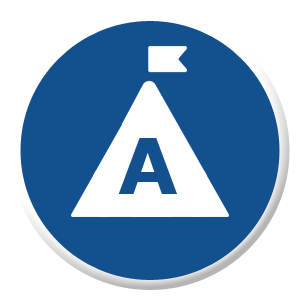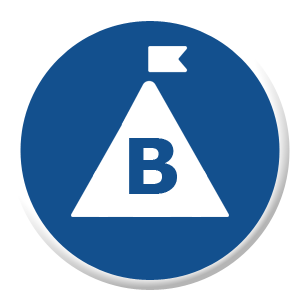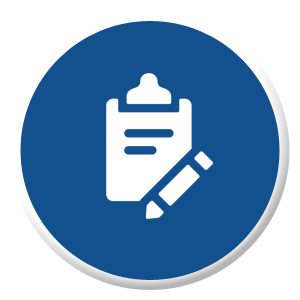Het arrangement Theme Money - tto123 is gemaakt met Wikiwijs van Kennisnet. Wikiwijs is hét onderwijsplatform waar je leermiddelen zoekt, maakt en deelt.
- Auteur
- Laatst gewijzigd
- 11-05-2025 09:42:14
- Licentie
-
Dit lesmateriaal is gepubliceerd onder de Creative Commons Naamsvermelding 4.0 Internationale licentie. Dit houdt in dat je onder de voorwaarde van naamsvermelding vrij bent om:
- het werk te delen - te kopiëren, te verspreiden en door te geven via elk medium of bestandsformaat
- het werk te bewerken - te remixen, te veranderen en afgeleide werken te maken
- voor alle doeleinden, inclusief commerciële doeleinden.
Meer informatie over de CC Naamsvermelding 4.0 Internationale licentie.
Aanvullende informatie over dit lesmateriaal
Van dit lesmateriaal is de volgende aanvullende informatie beschikbaar:
- Toelichting
- Dit thema valt onder de arrangeerbare leerlijn van de Stercollectie voor Engels voor tweetalig onderwijs, leerjaar 1, 2 en 3. Dit is thema 4 'Money'. Het thema omvat de volgende onderwerpen: Money problems, Lending and borrowing money, Having money en Spending and saving money. In de grammaticaopdrachten wordt er geoefend met comparisons - vergelijkingen.
- Leerniveau
- VWO 2; HAVO 1; VWO 1; HAVO 3; VWO 3; HAVO 2;
- Leerinhoud en doelen
- Engels;
- Eindgebruiker
- leerling/student
- Moeilijkheidsgraad
- gemiddeld
- Studiebelasting
- 9 uur 30 minuten
- Trefwoorden
- arrangeerbaar, comparisons, engels, having money, lending and borrowing money, money, money problems, spending and saving money, stercollectie, tto123

 Welcome to the next theme of English
Welcome to the next theme of English
 In this theme you will focus on the following 'can do' statements.
In this theme you will focus on the following 'can do' statements. In this theme you are going to do the following things:
In this theme you are going to do the following things: Below are the four lessons that belong to this topic.
Below are the four lessons that belong to this topic.






 At the end of each lesson you answered evaluation questions. Use these answers to answer the following questions:
At the end of each lesson you answered evaluation questions. Use these answers to answer the following questions: